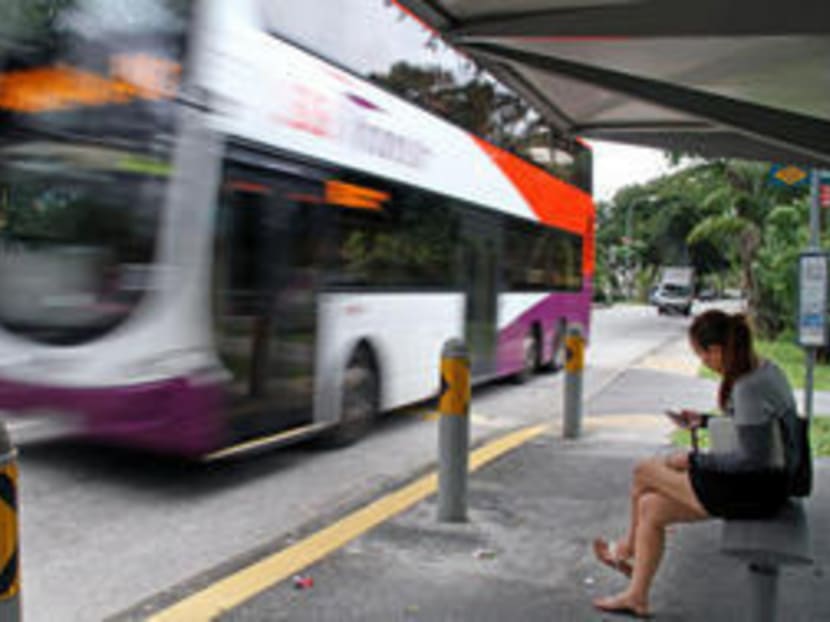Bus contracting model to prompt relook at fare review formula
SINGAPORE — The overhaul of the bus industry would require the fare review formula to be relooked, with the Public Transport Council (PTC) having to consider, among other things, whether to apply different sets of fares for a period of at least a few months next year when some bus routes would be under the new bus contracting model while others would not.
SINGAPORE — The overhaul of the bus industry would require the fare review formula to be relooked, with the Public Transport Council (PTC) having to consider, among other things, whether to apply different sets of fares for a period of at least a few months next year when some bus routes would be under the new bus contracting model while others would not.
The bus contracting model — under which the Government will own all bus operating assets and collect the fares, while operators run the services — will be implemented in phases, starting from the middle of next year.
Three packages of routes, making up about 20 per cent of routes, will be tendered out first. The remaining 80 per cent will be grouped into nine packages, which will be run by incumbents SMRT and SBS Transit on negotiated contracts under the contracting model, for about five years after their Bus Service Operating Licences expire on Aug 31 next year. After the negotiated contracts expire, more bus services will be gradually tendered out.
The existing fare review formula is valid from 2013 to 2017, but PTC Chairman Richard Magnus said it could be relooked before the new model is implemented. He added that it would be a challenge to review fares for the routes under the existing and new models, as well as those in transition. “We will need to begin to rethink how fares will be then,” he said.
On whether there would be different sets of fares, he cited social equity and distribution as factors for consideration.
Nanyang Technological University transport economist Walter Theseira said that under the new model, the Government could keep fares down, “effectively throwing money into a loss-making operation”. “It changes the nature of how subsidies are provided to the system,” he said.
National University of Singapore transport researcher Lee Der Horng said there was also room for the PTC to make the formula more responsive to inflation, wage levels and energy prices, though he acknowledged that it takes time for the relevant data to be available. Under the existing formula, there is a one-year lag in the indices used for computation.
SIM University urban transport management expert Park Byung Joon saw the merits of the current approach. “The whole idea ... is that we want to avoid a situation (where there is) see-sawing (of fares) every time fuel prices go up and down,” he said.







